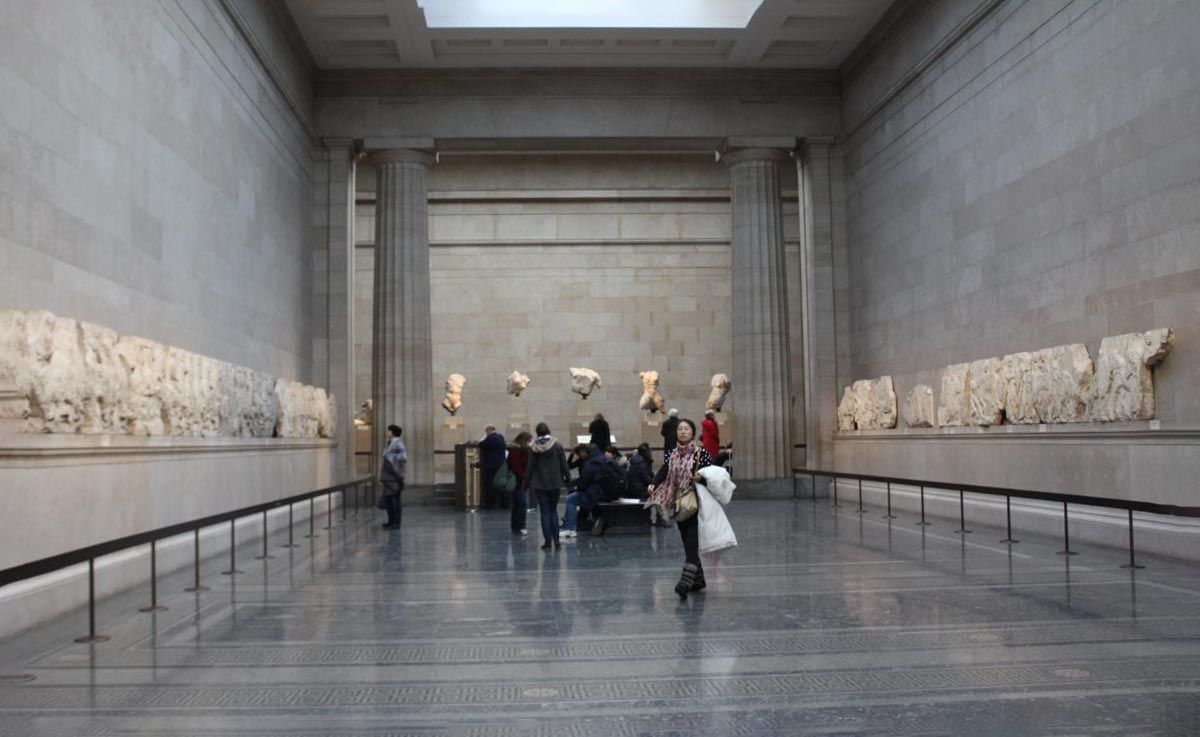I've recently taken an interest in the post-WWII recovery efforts and came across the Marshall Plan, which was introduced by the United States to aid European countries in rebuilding their economies. Given that Greece was significantly affected during the war, I'm curious about the specific impact the Marshall Plan had on Greece.
From what I've gathered, Greece, like many other European countries, faced tremendous economic challenges post-WWII, including infrastructure damage, inflation, and high unemployment rates. The Marshall Plan, formally known as the European Recovery Program, promised substantial financial aid to help rebuild war-torn nations, but I'm curious about how this plan was implemented in Greece specifically and what long-term effects it had on its economy and society.
I am so curious as to how, specifically, this plan affected Greece?


 news.gtp.gr
news.gtp.gr




